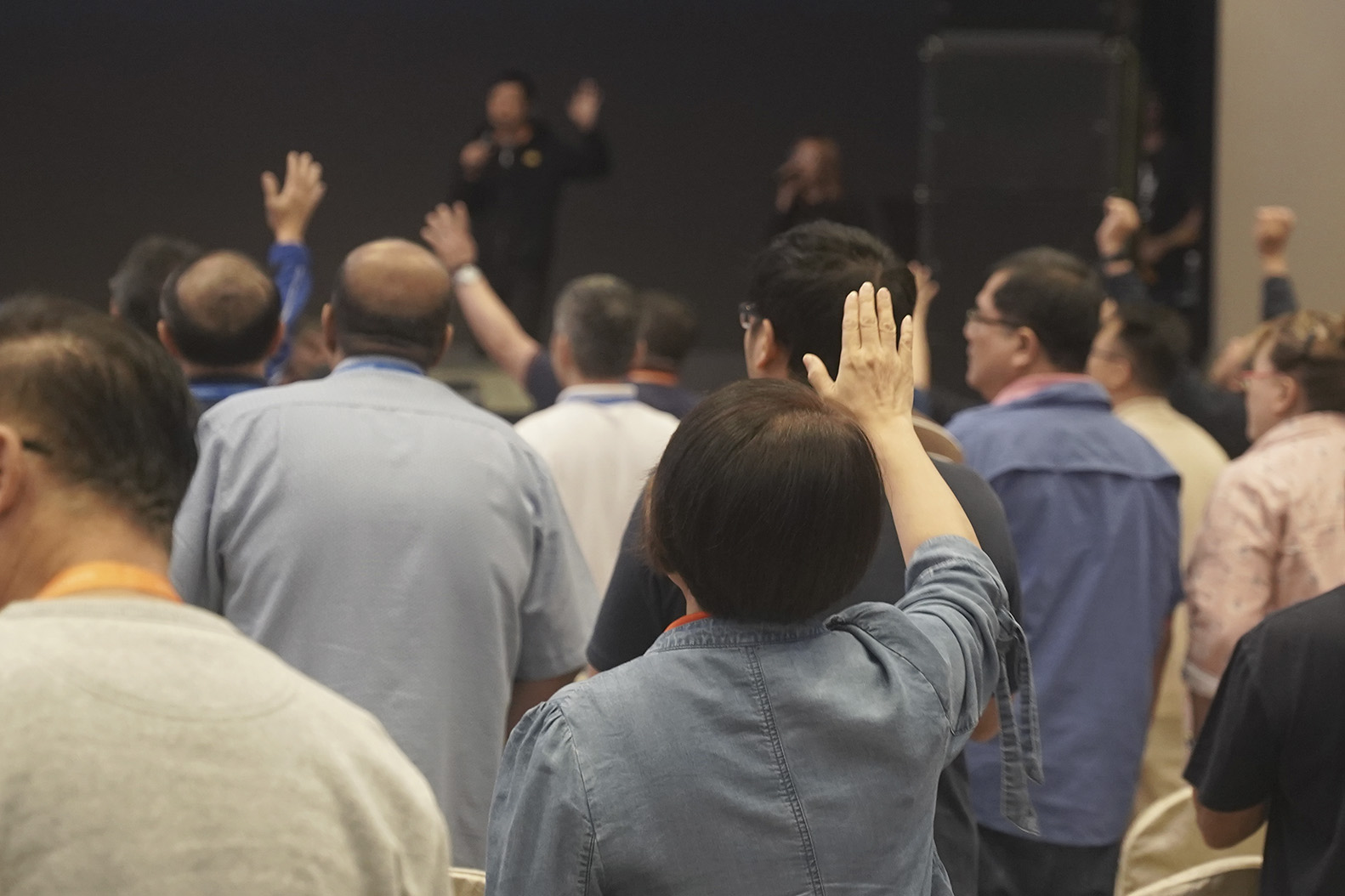With reports of more churches being hit by COVID-19, a top question swirling in the minds of many Singaporeans now is this: Should we still be meeting in our churches?
The news of churches with confirmed cases of infection have heightened fear and anxiety, not just within the congregation of affected churches, but also members of other churches – are we the next ones who will make the headlines?
In times like this, it has become urgent and crucial to know why we do what we do.
Let’s start with Scripture.
“And let us consider how we may spur one another on toward love and good deeds, not giving up meeting together, as some are in the habit of doing, but encouraging one another – and all the more as you see the Day approaching.” (Hebrews 10:24-25)
Written to a church under persecution, this passage urged believers not to neglect meeting. Despite the very real dangers, the writer of Hebrews insisted on the great value of gathering together as the people of God.

In some sense, our churches today are under persecution as well, from the mockery of members of the public, to the threat of pestilence seeking to disrupt our worship.
However, here are a few points to consider when asking ourselves why we still continue to meet in the face of COVID-19.
1. GATHERING IS AN EXPRESSION OF OUR FAITH
Our faith in Christ is reflected in our willingness and diligence to gather as a congregation to worship God. It is a posture and a statement that says we see greater value in coming together to worship God than staying at home.
“Worship services are not just another programme or event,” said Bishop Terry Kee, President of the National Council of Churches of Singapore, which released a statement last week advising churches to continue with services even after a church was identified as a cluster.
Church worship services, he added, are “our going to the place where God has ordained to express our love and gratitude to Him, to receive His grace and be blessed by Him”.
Psalm 133 also reminds us that unity is something precious to God and of great value in His sight.
2. GATHERING IS AN EXPRESSION OF OUR LOVE
Coming together to worship isn’t just a vertical communion – between the church and God – it is also love expressed horizontally between our fellow members of the church.
The gathering of the body of Christ is beyond just a programme – it is coming together of family. As we meet each other face to face, it is a good time to catch up and pray for one another’s needs.
Worshipping together is also a means of loving one another as a body of Christ, where we can come together to spur each other on and build each other up in love and trust (1 Thessalonians 5:1-11).
3. GATHERING IS AN EXPRESSION OF OUR HOPE
Finally, gathering together points the watching world to the love and hope found in Christ (1 Thessalonians 4:13-17).
When believers faithfully gather as a community to show love to each other, it becomes an opportunity for others to see the great love of Christ. Rather than perpetuating fear and anxiety, are we able to reveal the hope God promises amidst a dire situation (Psalm 121)?
To be the salt and light as described in Matthew 5:13-16, we must show our faith, love and hope in action.
Of course, we need to exercise wisdom in the process. For that reason, some churches have chosen to close some services or programmes while others have not.
Different churches have different considerations, such as the demographics of attendees or the location of the church, said Bishop Kee, urging believers to refrain from making comparisons across churches.
Worship services are not just another programme or event.
In a meeting with church leaders last night (February 14), Minister for Health Gan Kim Yong also advised that worship services may continue, but with appropriate precautionary measures.
The Ministry of Health noted that many churches have already instituted measures to protect their congregations. These include advisories to members, temperature screening, reducing mingling, as well as suspending or deferring non-essential programmes.
By all means, if you are sick and unwell, please do stay home and consider alternative means to gather as a church community. Do also honour the decisions made by your church leaders, who would have carefully considered the options before moving ahead with any plans.
More importantly, let’s come before God in humility to check the true motives of our hearts when opting to go or forgo church services.
- What does going to church mean to you?
- Is there a difference for you between gathering in a place of worship as a community vs watching a live-streamed church service? Why or why not?
- How can we continue encouraging each other as the body of Christ in the face of COVID-19?









